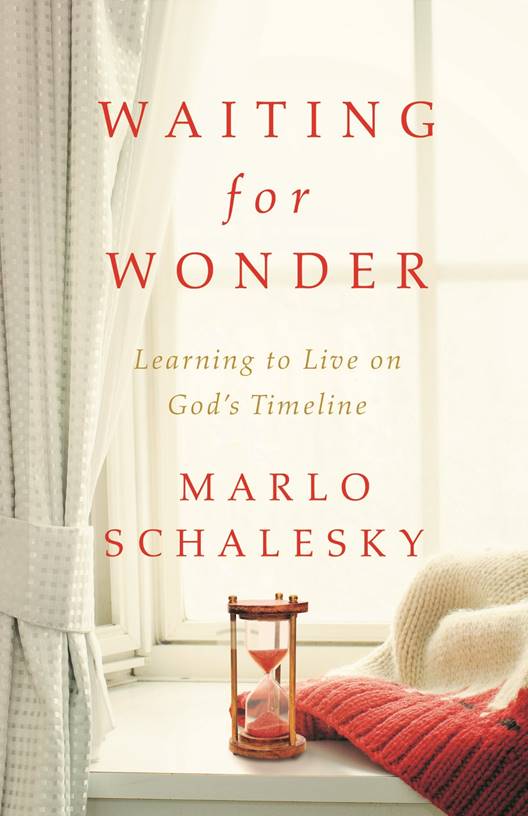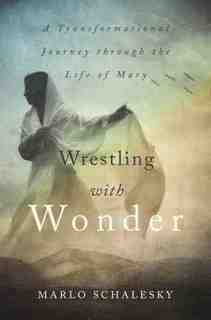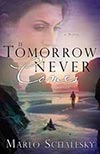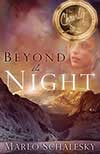First, baby hasn't arrived yet. Had my doc appointment last Wednesday and baby didn't look like he was going to make an appearance any time soon, and so far he hasn't. If he still hasn't made his move by Wednesday, he'll be getting an eviction notice in the form of pitocin. So, keep us in your heart & prayers on Wednesday!! And I'll keep y'all updated as soon as I can as to any news.
Meanwhile, I've got a new novel by Angela Hunt to tell you about for this week, so here's the scoop on that:

THE FACE by Angela Hunt: Born to parents who died shortly after her birth, twenty-year-old genius Sarah Sims has been hidden all her life in a secure CIA facility. Yet her days of anonymity are limited because her aunt has discovered her existence and is determined to lead Sarah out of exile. But before she can leave the only world she’s ever known, Sarah needs what most people take for granted . . . a functioning face and the skills to use it. Will she remain in her secluded fortress or summon the courage to follow her heart?
The Face, Angela Hunt. Mira, $6.99 (384p) ISBN 978-0-7783-2727-1
Compelling characterization is the driving force behind this enthralling story of hope . . . Hunt (The Elevator) fuels the completely engrossing story with dual present-tense narration by the two women. Readers are drawn into their lives, sharing their joy and fear as they approach a fulfilling and surprising climax. A touch of suspense adds to the powerful themes of second chances and new beginnings. (Nov.) --Publishers Weekly
Publisher's Weekly Interview with Angela Hunt about THE FACE:
--Sarah Sims, the main character is a victim of Treacher-Collins syndrome, a rare disease that causes severe facial defects. Sarah literally has no discernible face. Her disease is a vehicle for plot development. Did you have any personal connection with this disease or specific reasons for highlighting it in your novel?
Last year I watched a special on the Discovery Channel about a real little girl born with Treacher-Collins. She's still preschool age, but I was so touched by her plight and all she has had to go through to have a functioning face. A novelist naturally asks, "What if?" and so I found myself wondering what might happen if someone like this young girl had the same condition . . . and the story bloomed in my head. I'm also fascinated by the power of beauty, so the story gave me an opportunity to juxtapose the two conditions--beauty and facelessness.
--Like your last novel, The Elevator, The Face is also written in alternating perspectives and in the present tense. Most novels use third person or an omniscient narrator, and this choice is definitely unconventional. How do you feel that adds to the story and/or the reader’s enjoyment of the book?
I like present tense because it adds an immediacy to the story--plus, unlike a past tense narrator who obviously survived to tell the tale, you're never quite sure if the present tense narrator is going to make it through. I struggled a long time with the question of protagonist--was it Sarah's story or Renee's? And then I realized the story belongs to both of them.
--The title, The Face, represents more than just what the main character lacks. Faces are revealed and discovered through the course of the story. Why the significance on faces?
Studies have shown that not only do our facial expressions reveal our emotions, but our emotions can be ignited by our facial expressions. In order to be fully human, Sarah not only had to learn how to communicate through a face, but to feel the emotions her face could convey. On a deeper level, her new face represents an emotional and spiritual rebirth. Because she receives a new face, she receives a new future and a new life.
--Because she has been isolated on an island all her life, and her contact with people has been extremely limited, Sarah has turned to old movies for her understanding of situations and emotions of the real world. Her idea of reality is based on things she has seen on the screen. Why movies and not books, or music?
I like movies, old or new. I knew Sarah would want to know about the world outside her cloistered life, and movies were the most direct way for her to visualize things she could never see. By watching films, Sarah thinks she knows the world. She doesn't realize that movies are only an imitation of life.
--There is a fair amount of research that went into this novel, from CIA protocol to extreme medical procedures, all of which seem a bit fantastic but are ultimately true. How important is it to blend fact into your fiction and what does that do for the overall quality of the story? Is research fun for you?
I cut my teeth writing nonfiction and I suffer from rabid curiosity so yes, research is fun for me. Why make something up if it really exists? So I do as much research as I can and travel whenever possible. I spent a week in the Amazon jungle to research one novel, and I visited the Spanish coast for The Face. When I saw an old monastery on an island off the coast of Spain, I knew I'd found the location for Sarah's fortress.
--What comes first for you, building the characters or building the story? I work with four elements to build a story: plot concept, character, setting, and theme. The plot concept usually shows up first, then the other pieces either fall into line . . . . or I give them a shove.









1 comments:
I've read The Face and it's gripping.
Post a Comment